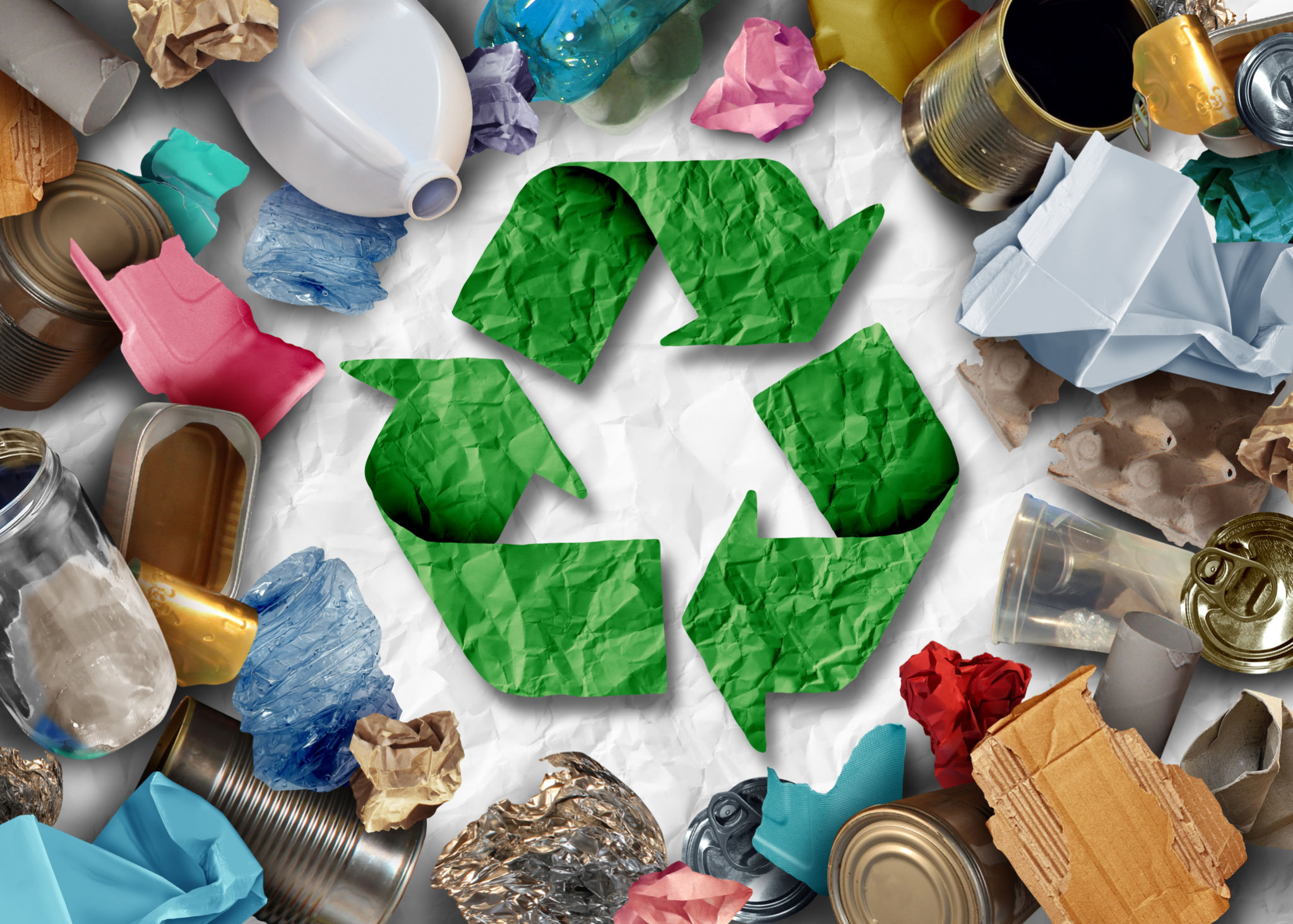Expert Tips for Eco-Friendly Industrial Waste Management Practices
Understanding the Importance of Eco-Friendly Waste Management
In today’s industrial landscape, the emphasis on sustainable and eco-friendly practices has never been stronger. Industrial waste management plays a crucial role in minimizing environmental impact and promoting sustainability. Implementing effective eco-friendly waste management strategies not only preserves natural resources but also enhances a company's reputation and compliance with environmental regulations.

Assessing Waste Generation
The first step in eco-friendly waste management is understanding the volume and types of waste generated. Conducting a thorough waste audit helps identify the main sources of waste and areas where reduction is possible. This assessment forms the foundation for developing targeted strategies to manage waste more effectively.
Segregation and Categorization
Segregating waste at the source is crucial for effective management. By categorizing waste into recyclable, non-recyclable, hazardous, and organic, industries can streamline their disposal processes. This segregation facilitates easier recycling and treatment of specific waste types, thereby reducing the overall environmental footprint.
Implementing Waste Reduction Techniques
Reducing waste generation is a key component of sustainable industrial operations. Implementing waste reduction techniques such as reusing materials, optimizing production processes, and adopting lean manufacturing principles can significantly decrease waste output. Encouraging employees to participate in waste reduction initiatives also fosters a culture of sustainability.

Investing in Advanced Technologies
Technology plays a pivotal role in enhancing industrial waste management practices. Investing in advanced technologies such as waste-to-energy systems, automated sorting equipment, and real-time monitoring tools can optimize waste processing and recovery. These technologies not only improve efficiency but also reduce dependency on landfills.
Partnering with Waste Management Experts
Collaborating with professional waste management experts can provide invaluable insights into managing industrial waste effectively. These experts offer guidance on compliance with environmental laws, innovative recycling solutions, and state-of-the-art waste treatment technologies. Partnering with them ensures that industries stay ahead in adopting best practices.
Training and Awareness Programs
Employee involvement is essential for the success of eco-friendly waste management initiatives. Conducting regular training sessions and awareness programs educates staff about the importance of sustainable practices and equips them with the skills to implement these strategies effectively. Creating an informed workforce leads to more proactive waste management efforts.

Monitoring and Continuous Improvement
Continuous monitoring and improvement are vital for the sustainability of waste management practices. Regularly reviewing waste management strategies helps identify areas for improvement and adapt to changing regulations or technological advancements. Establishing key performance indicators (KPIs) allows industries to track progress and strive for better outcomes.
By adopting these expert tips for eco-friendly industrial waste management, companies can significantly reduce their environmental impact while fostering a culture of sustainability. These practices not only benefit the planet but also enhance operational efficiency and corporate responsibility.